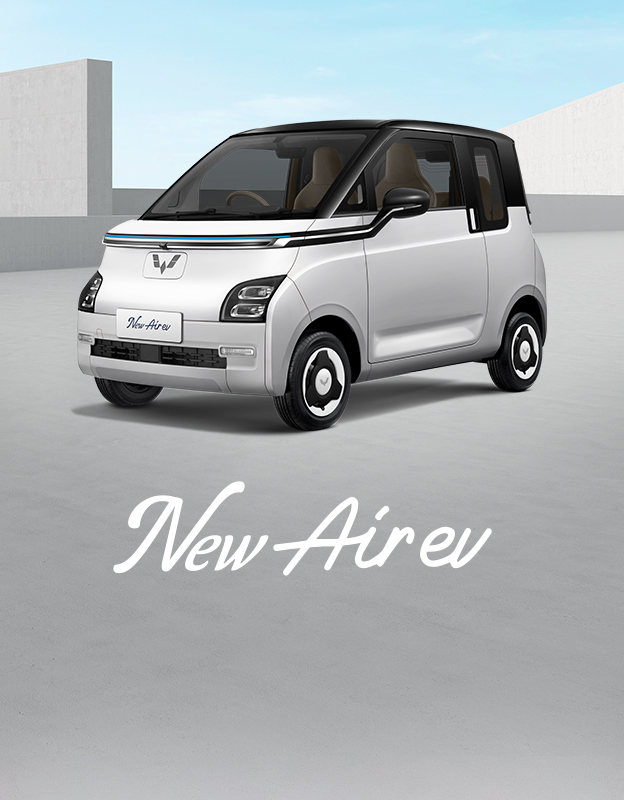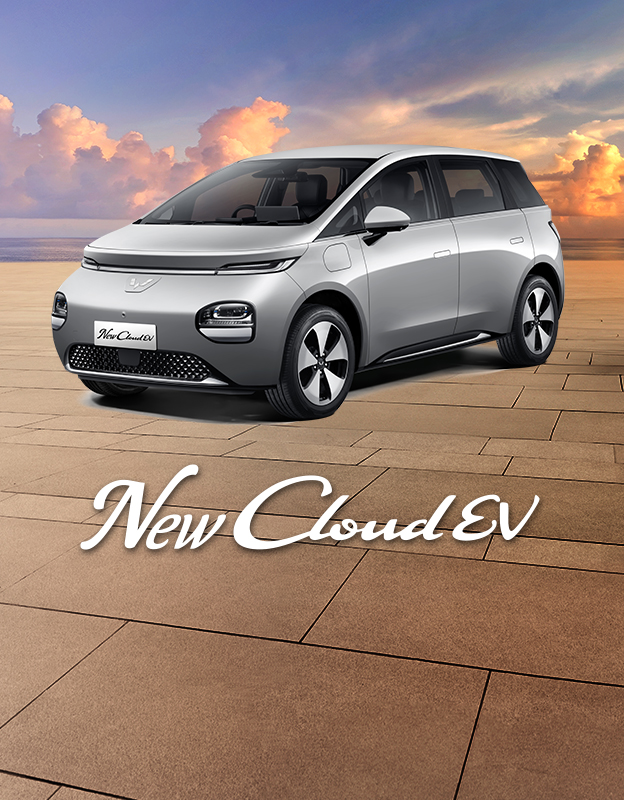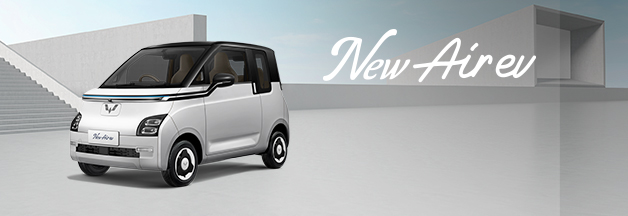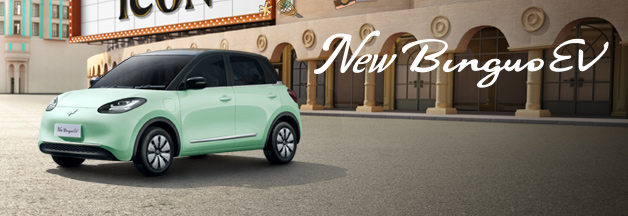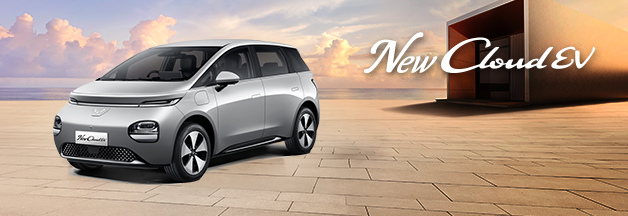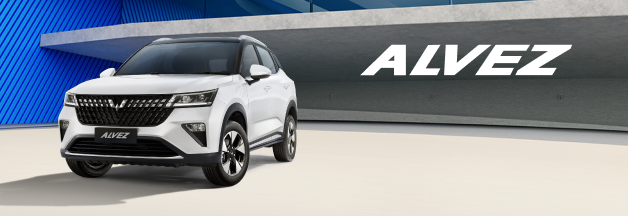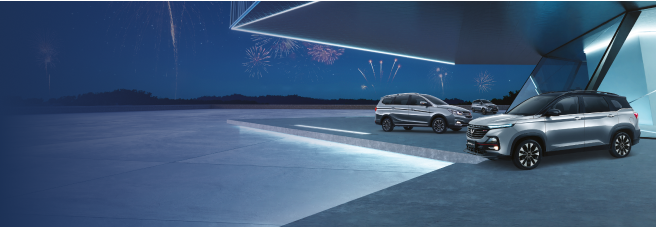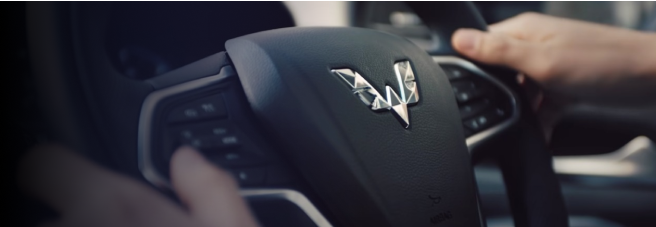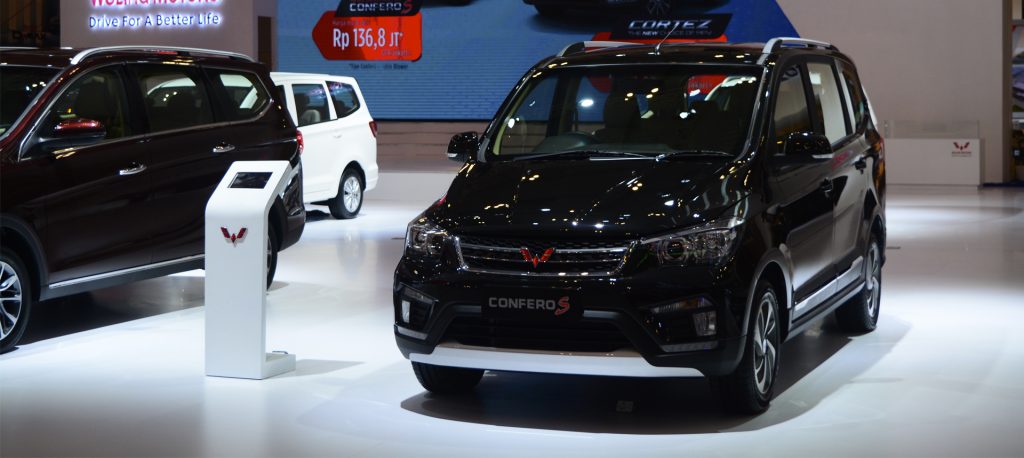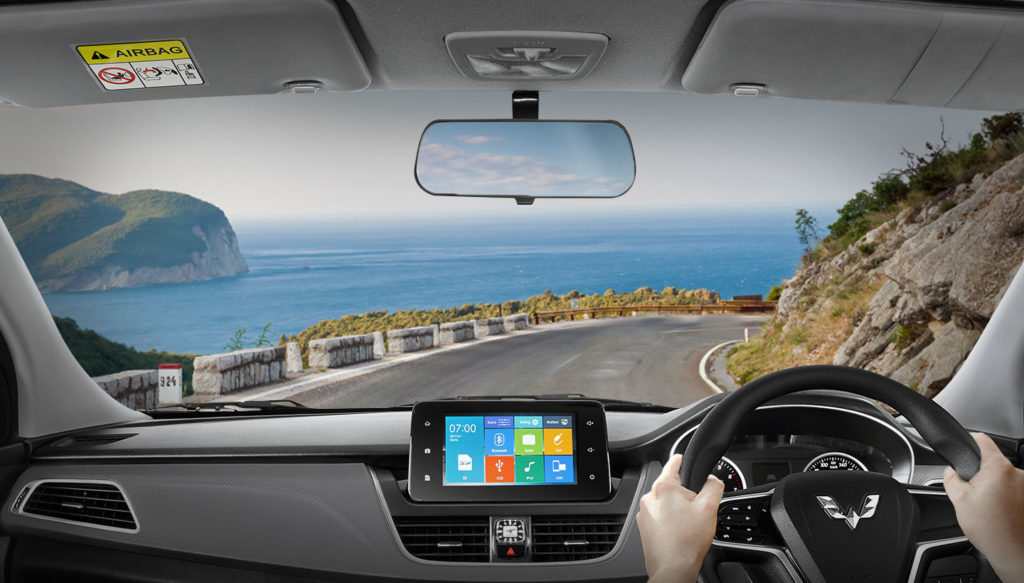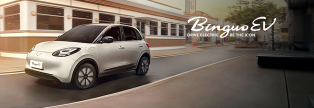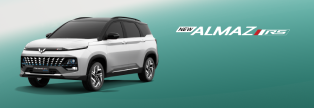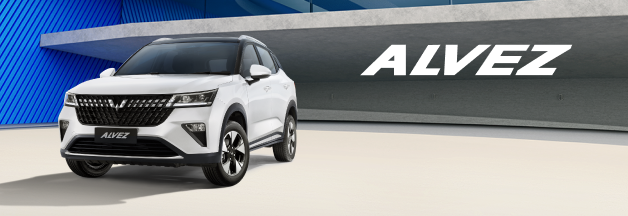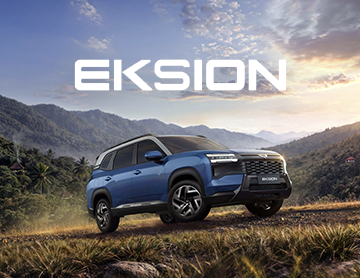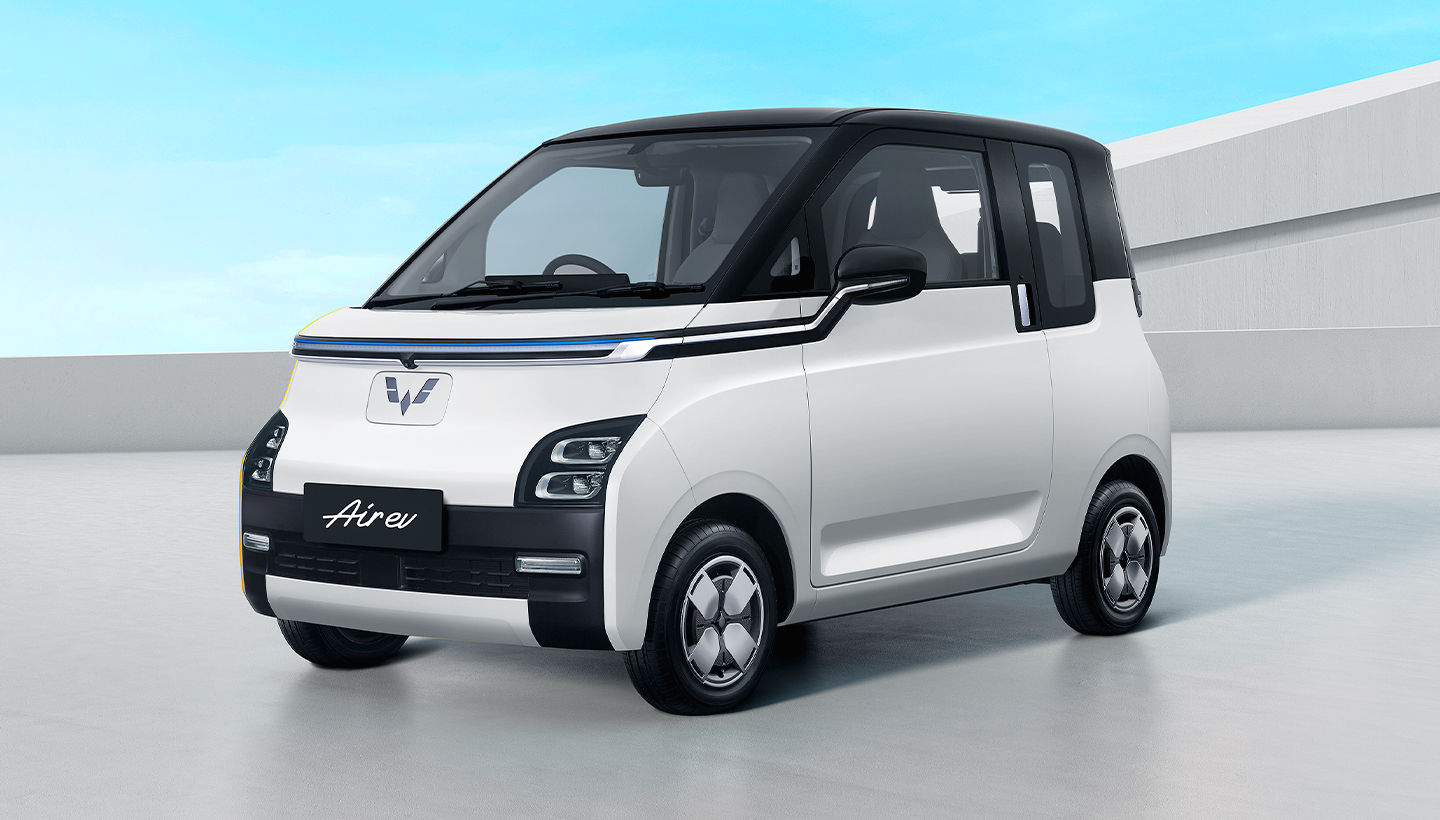
In the ever-evolving world of automotive technology, electric vehicles (EVs) have become a major focus. However, along with this spotlight have come a number of myths and misinformation that often do not align with reality. Many people question the validity of these claims, arguing that most power plants still rely on fossil fuels that pollute the environment.
In addition, there is skepticism about the ability of EVs to travel long distances, as well as concerns about their energy consumption, battery quality, and engine performance. Some of these claims have been widely accepted by the public and even become myths of their own. What are the facts about EVs? Let's take a closer look.
1. Electric Cars' Limited Range
One of the most common myths about electric cars is that their range is too short. However, the EV range has been increasing in recent years.
The facts range has been increasing along with battery technology advancements. Today, the average EV range is over 300 kilometers on a single charge. This is more than enough to meet the needs of everyday commuters.
The Air ev, an Indonesian-made EV, has a range of 200–300 kilometers on a single charge, thanks to its lithium iron phosphate (LFP) battery technology. This is sufficient to meet the needs of everyday commuting, such as commuting to work, traveling, or taking children to school.
2. The Challenging Charging Station Availability
Electric cars charging infrastructure is growing rapidly in Indonesia. There are now over 600 EV charging stations across the country. This makes it easier and more affordable to charge EVs.
The Indonesian government has set a target of building 572 public EV charging stations in 2021. As of this writing, the government and PLN have installed 616 public EV charging stations in 300 locations across Indonesia. In line with the plan that has been set, this program will continue until 2030, with a total of 24,720 public EV charging stations to be built in various regions of Indonesia.
Baca Juga
To promote the use of electric vehicles in Indonesia, PLN has successfully established more than 600 public EV charging stations across the country. This certainly provides convenience for EV owners. They can enjoy affordable electricity charging rates, in accordance with the Ministry of Energy and Mineral Resources Regulation 13/2020.
The development of public EV charging stations in Indonesia is a major milestone. The growing number of charging stations and their strategic locations have changed the perception of electric vehicles. EV owners, such as Air ev, can now enjoy the convenience and freedom of exploring various regions of Indonesia.
3. The Expensive Electric Cars
One of the main questions that arises when discussing EVs is about price. Many people believe that EVs are too expensive, as they generally have a higher purchase price than gasoline or diesel cars. However, it is important to note that EV operating costs are generally lower than conventional cars.
The Indonesian government also provides incentives for EV owners until December 2023. The taxes applied to EVs are regulated by the Ministry of Home Affairs Regulation Number 1 of 2021, specifically in Articles 10 and 11 of this regulation. Overall, the tax on EVs is only 1 percent of the applicable normal rate. This is a step taken to encourage people to switch to environmentally friendly vehicles.
4. Short Battery Lifespans
One of the myths that often circulates about EVs is that their batteries have a very short lifespan. No wonder this myth has arisen, and some people doubt the durability of this vehicle. Unlike gasoline-powered cars that rely on engine age as a measure of performance (determined by distance traveled in kilometers), EVs have two assessment aspects, namely engine age and battery lifespan.
No need to worry; even though they use different energy sources, the reliability of the engines in both types of vehicles is very competitive. Both batteries and EVs themselves are still comfortable to use, even after traveling hundreds of kilometers.
It is important to note that most EV batteries, such as the Air ev, come with a warranty of 8 years or up to 120,000 kilometers. Even after the warranty period, the Air ev battery still produces performance that is not much different from new conditions. The development of technology also provides good hope for the battery life of EV batteries.
5. Not an Environmentally Friendly
Baca Juga
Electric cars have much lower emissions than gasoline-powered cars. In fact, cars that use renewable energy sources, such as solar power, produce no CO2 emissions at all.
So, while EVs still have some CO2 emissions related to electricity usage, the amount is far lower than the CO2 emissions produced by gasoline-powered cars. And by using renewable energy sources, it will truly reduce the car's carbon footprint in the environment.
6. The High Charging Costs
One of the myths that circulates is about the cost of charging an EV. Charging an EV at a public charging station (SPKLU) is very affordable.
The price of electricity charging ranges from Rp1,700 to Rp1,800 per 1.3 kWh, while gasoline is in the range of Rp10,000 to Rp17,000 per liter, depending on the type. This figure is for self-charging electricity at home. When charging at a public charging station (SPKLU), the cost per kilowatt-hour (kWh) ranges from Rp1,650 to Rp2,475.
For example, to charge the battery of the Wuling Air ev Long Range type with a capacity of 26.7 kWh, it only costs around Rp 62,000. Meanwhile, the Standard Range variant (capacity 17.3 kWh) only costs around Rp33,400.
With this calculation, an electric car only needs a charging cost of around Rp200,000 for a trip from Jakarta to Bali. In this case, a conventional car would spend around Rp1.2 million for the same route.
A study and research conducted by the Ministry of Industry together with the Ministry of Research, Technology, and Higher Education and the automotive industry show that electric cars can save up to 80 percent of energy compared to conventional cars that use gasoline. In addition, the use of electric cars can also save fuel by up to twice as much as the use of B20 fuel.
7. The Electric Car Safety
This myth is also not true. Electric cars have the same safety systems as conventional cars. In fact, EVs have some additional safety features, such as regenerative braking on the Air ev, which can help reduce the risk of a collision. In addition, the Air ev is also equipped with ABS (Anti-lock Braking System), EBS (Electronic Braking System), ESC (Electronic Stability Control), and two airbags in the front.
The Air ev, for example, an EV from Wuling, has complete safety features, such as disc brakes on all four wheels (for the highest type), ABS, EBD, ESC, and Hill Hold Control. This car is also equipped with airbags for the driver and front passenger. This makes the Air EV a safe car to drive.
8. The Insufficient Power Grid for Mass Electric Car Adoption
The last myth about electric cars is the concern that the electricity grid in Indonesia, even in the world today, may not be able to meet the electricity demand from EVs. Especially since each electric vehicle has a large power capacity that is needed to travel further distances.
In fact, governments around the world are strongly committed to improving the environment, and this will go hand in hand with developing adequate infrastructure. The idea of smart technology, such as smart charging systems, can also help reduce the need for new electricity infrastructure.
So, these myths about EVs need to be straightened out so that people understand more about EVs as the right choice for the future because they are not only environmentally friendly but also have lower operating costs.
SHARE:



